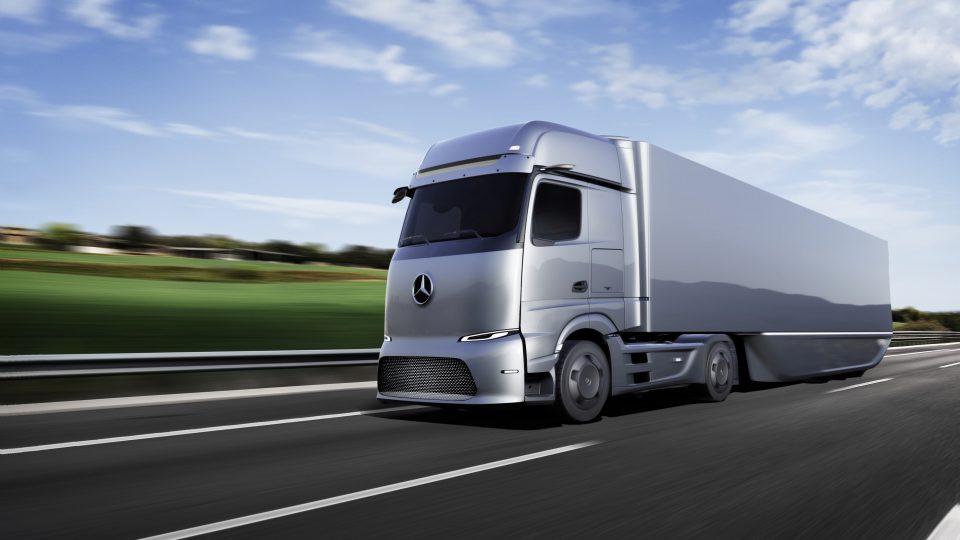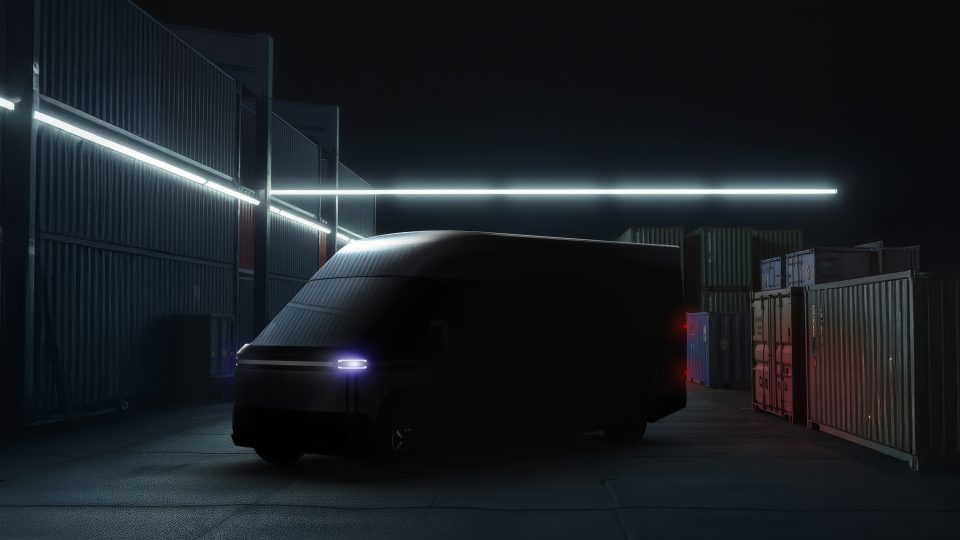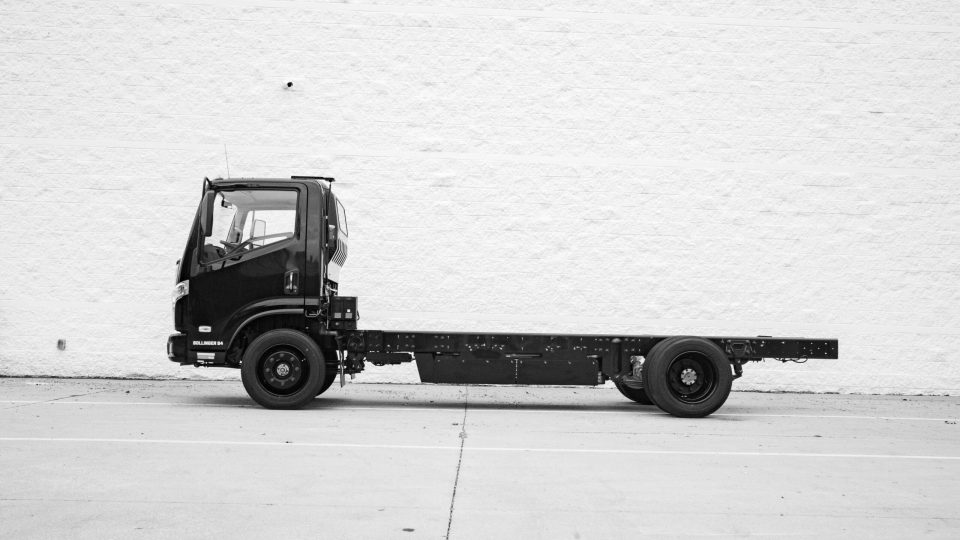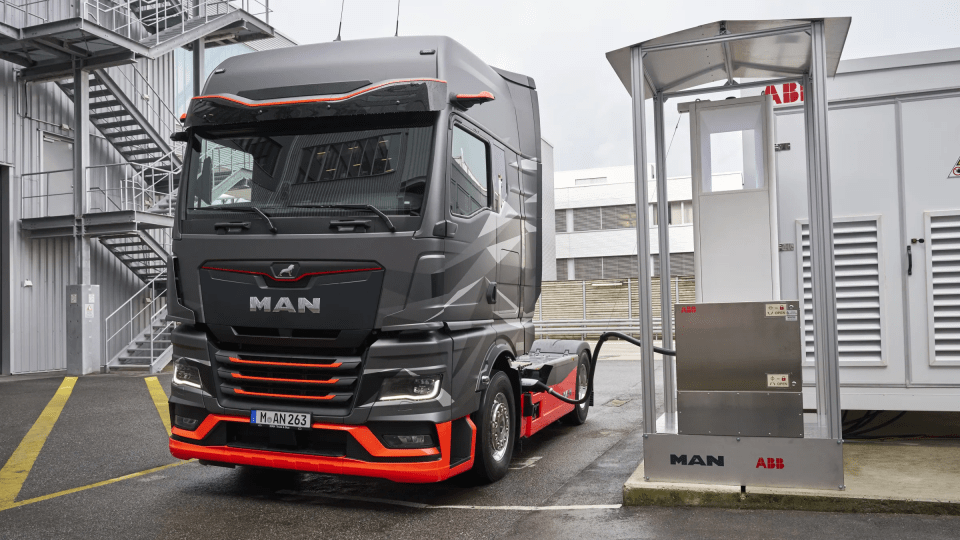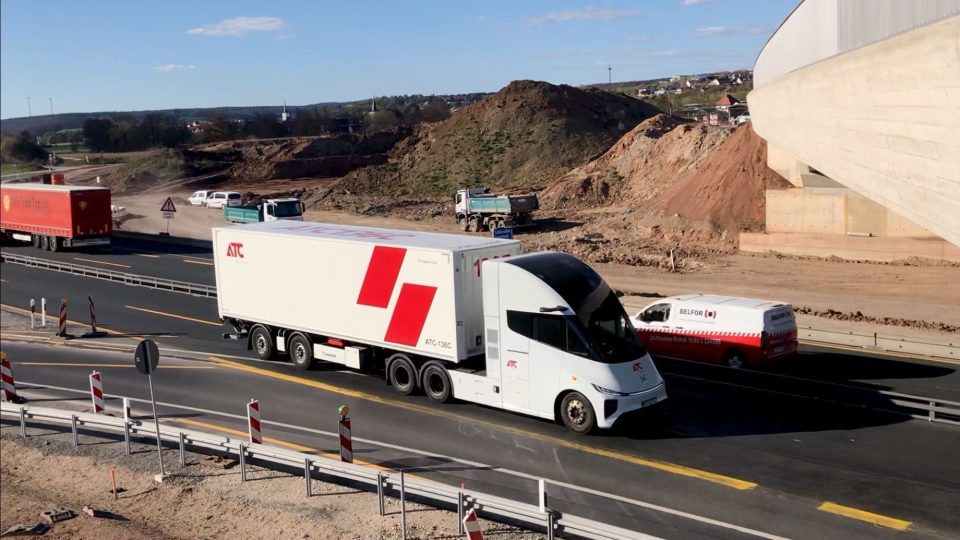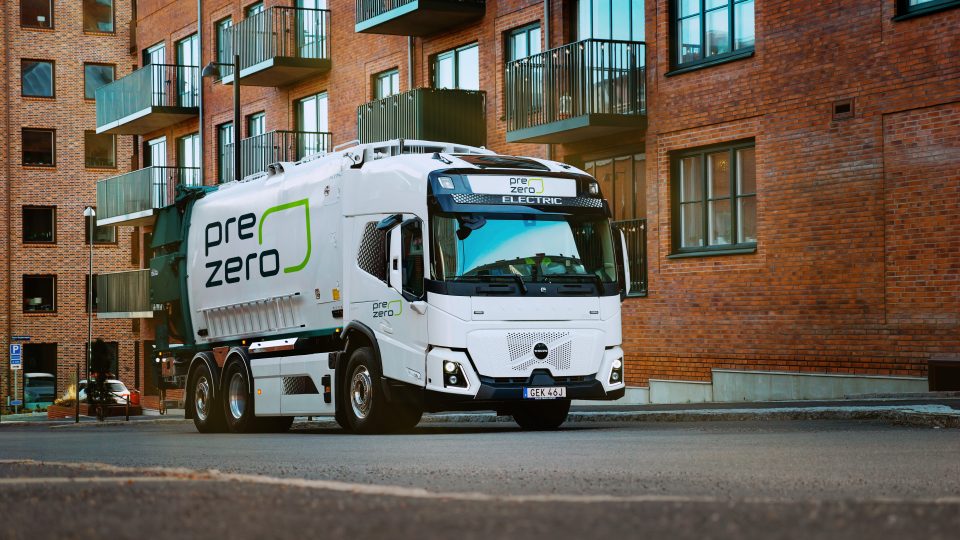Mercedes-Benz battery-electric and fuel-cell trucks will be produced in the Wörth plant
In addition to the Mercedes-Benz eActros, which will already go into series production there in October 2021, the production of further Mercedes-Benz zero-emission trucks, such as the eEconic, next year, and eActros LongHaul, is also planned for Wörth in the middle of the current decade.
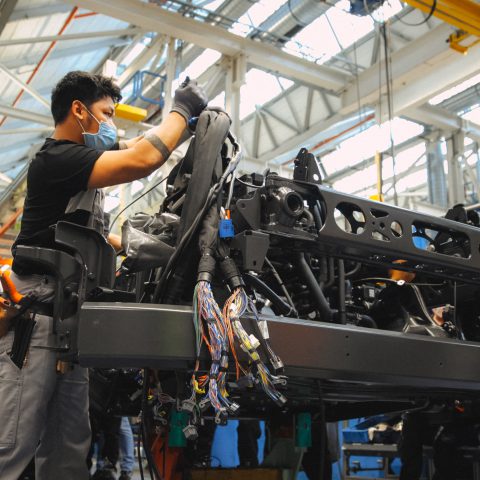
The Mercedes-Benz plant in Wörth is becoming the center for battery-electric and fuel-cell trucks within the Group’s truck production network. In other words, Daimler Truck «is clearly committed to Wörth, which will play an important role in the company in the long term with a view to the transformation to CO2-neutral transport».
In addition to the Mercedes-Benz eActros (here our report of the official launch), which will already go into series production there in October 2021, the production of further Mercedes-Benz zero-emission trucks, such as the eEconic (pictured below), next year, and eActros LongHaul, is also planned for Wörth in the middle of the current decade, as confirmed last month by the group’s management.
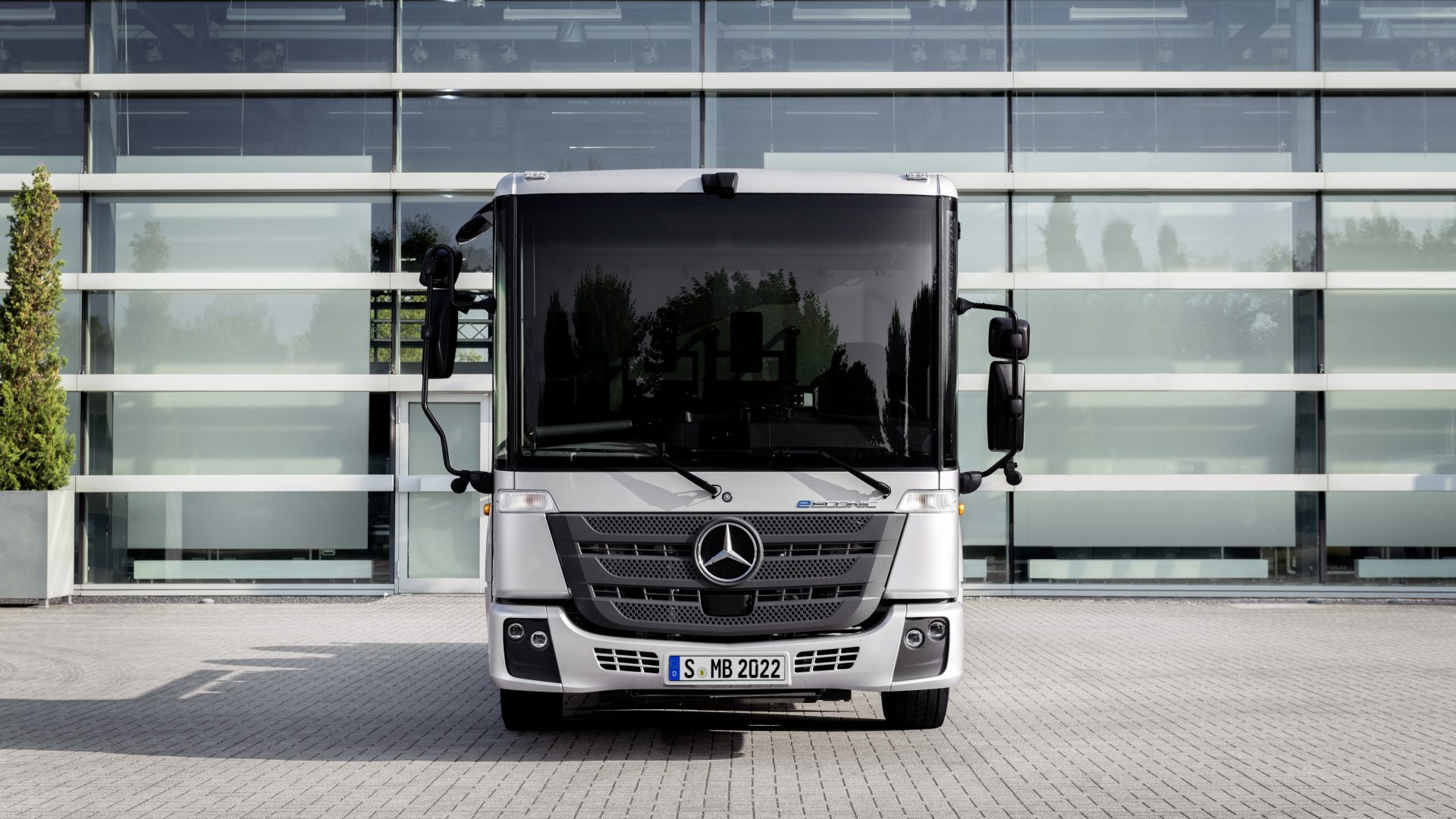
Laying the foundations of truck production
«Today we are laying the foundation for the future of the Mercedes-Benz truck production. The technology shift in our industry towards locally emission-free trucks also implies an immense transition for our locations and production. With the new target picture for the Wörth plant, we are securing the competitiveness and thus the long-term future of the location: In the future, we want to greatly expand the series production of our electric trucks here and are already creating the conditions for this», said Sven Gräble, Head of Mercedes-Benz Trucks Operations, responsible for the global production network of Mercedes-Benz Trucks.
Mercedes-Benz: Wörth is becoming the hub for the transport of the future
The decision about the location for trucks with alternative drive systems forms an important pillar of the plant’s new strategic orientation. According to Sven Gräble, «Wörth is becoming the hub for the transport of the future in the Mercedes-Benz truck production network. We are bundling our technological know-how with fully flexible and thus even more efficient production, and all of this in a CO2-neutral, digitalized factory with corresponding logistics and infrastructure».
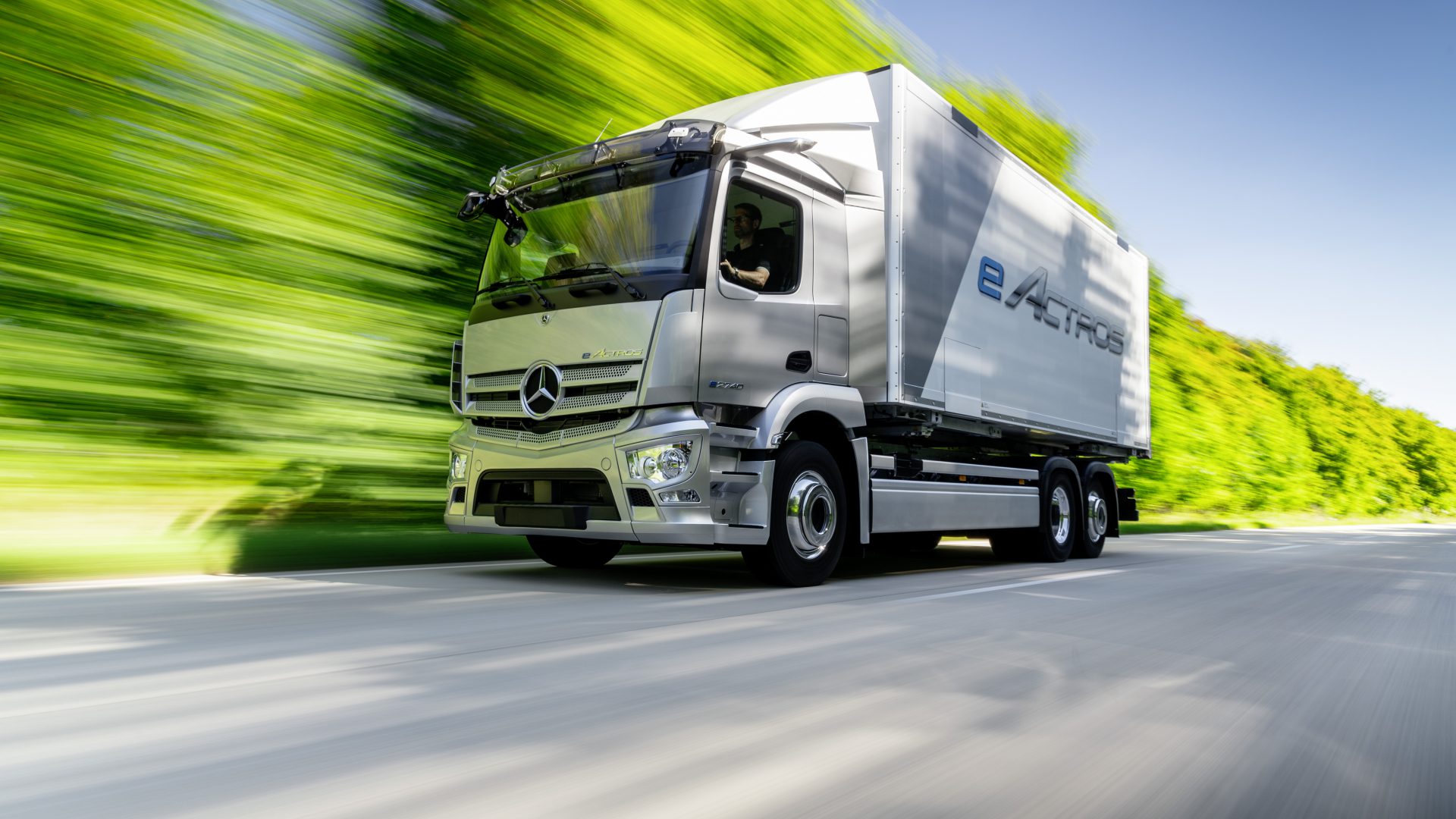
In its transformation toward CO2-neutral transportation, Daimler Truck is consistently relying on two all-electric drive technologies: battery and hydrogen-based fuel-cell. With these, every customer application can be covered with full flexibility in terms of routes, from well-plannable, urban distribution to difficult-to-plan, multi-day transports. Which solution is used by the customer depends on the specific application.
Flexible production in the coming years
Mercedes-Benz Trucks has been long preparing for the new assembly processes that are being introduced at the Wörth plant. Since 2018, around 2,000 employees have so far gained further qualifications in the handling of high-voltage vehicles and components at the site’s own training and development center, thus acquiring indispensable skills for the assembly of electrically powered trucks.
Potrebbe interessarti
Daimler Truck and CATL strengthen their partnership on truck-focused batteries
As already stated by Mercedes-Benz, highly flexible production will ensure the efficient production of both conventional and zero-emission trucks at the Wörth site in the coming years. The so-called fullflex concept makes it possible to integrate zero-emission trucks into existing production. In this way, the plant is able to adapt efficiently and even faster to the respective market demand and reliably meet the demanding quality standards of Mercedes-Benz. In addition, the plant is currently preparing to significantly increase production capacity in line with the current positive order situation by switching from two-shift to three-shift operation before the end of this year.



